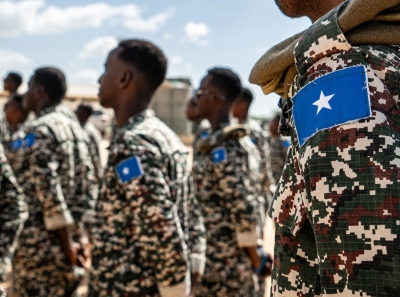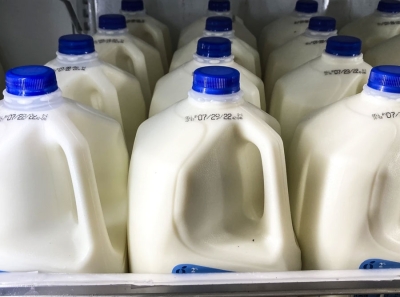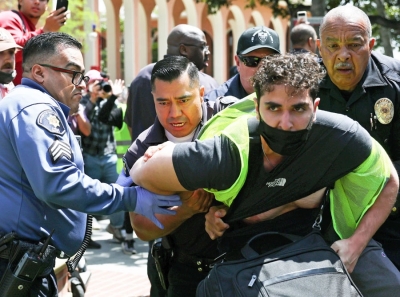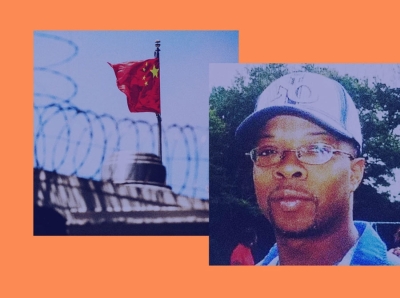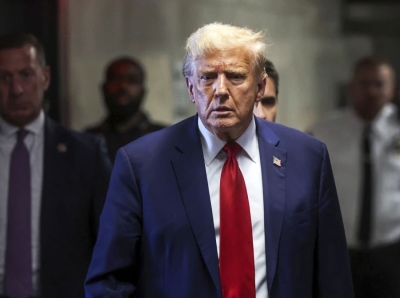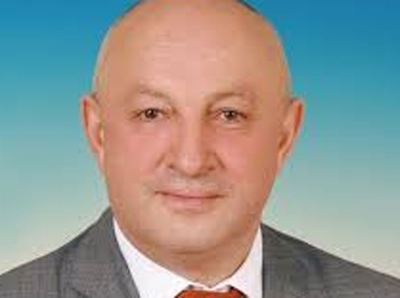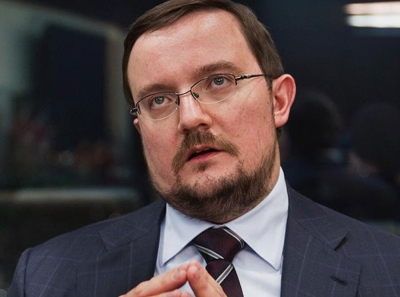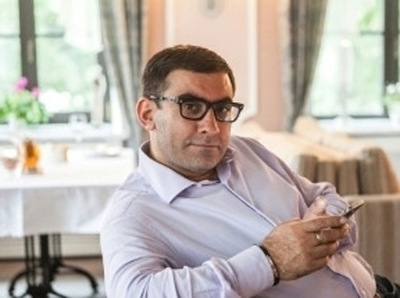Russia elects president: not much of a choice?
Russia’s presidential elections, now extended to three days, begin on Friday. Along with Vladimir Putin three representatives of parties with seats in the Duma are on the ballot, all of whom, however, support his policies in principle. Opposition candidates were not allowed to stand. Commentators take the system to task.
Four good reasons to vote for Davankov
Writing on Facebook, journalist Asya Kazantseva says candidate Vladislav Davankov is still the best choice:
“Firstly, he is as much against the war as it is possible to be for someone running for election. Before the war he said, according to Wikipedia, that war was detrimental to Russia. Now on his campaign website he also advocates peace and negotiations (on Russia’s terms — but what else can you say in his position). Secondly, on his campaign website he proposes not prosecuting those who have left Russia and want to return (like myself, for example). ... Thirdly, he has signed in favour of [allowing opposition politician] Nadezhdin to stand for election. Fourthly, he is 40 years old. ... He didn’t grow up in the Soviet Union.”
No support for this system
Chemistry professor Boris Zhuikov calls on Russians on Facebook not to vote for Putin or any of the three authorised presidential candidates:
“The problem is that it is impossible to replace this leader because the system imposes vertical subordination to him, not only by the Central Election Commission but also by the judiciary, the State Duma including its ‘opposition’, the major media, the regions and the government. ... A fundamentally different system would require the separation of powers as well as checks and balances. ... The alternative is — sooner or later — only a collapse under the weight of internal and external contradictions. That is why one should never vote for anyone who supports this system.”
Serious doubts about voting secrecy
Keskisuomalainen fears that the persecution of members of the opposition will intensify after the elections:
“The Kremlin is concerned about voter turnout, although the power apparatus can manipulate this too of course, since election observers are not permitted. ... According to the authorities, the introduction of electronic voting in many regions will make it easier for people to vote. However many believe that in fact it will only make it easier for the government to control people and violate ballot secrecy. After the elections we will see how Putin punishes those who pose a threat to his power, such as the Nadezhdin supporters on the lists of names.”
Stalin nostalgia is palpable
Putin ensures his popularity through wars, Hvg observes:
“Stalin’s popularity grew in Russia because under his rule the Soviet Union played an important role in the victory over Nazi Germany, became a global empire and had the countries of Eastern and Central Europe under its control. Support for Putin is also largely based on successful wars. Every time President or Prime Minister Putin’s popularity starts to wane due to internal economic problems, a war comes along — in Georgia in 2008, in Ukraine in 2014 and 2022 — and the majority of Russian voters, who are nostalgic for the empire, forgive the ruler in the Kremlin.”

